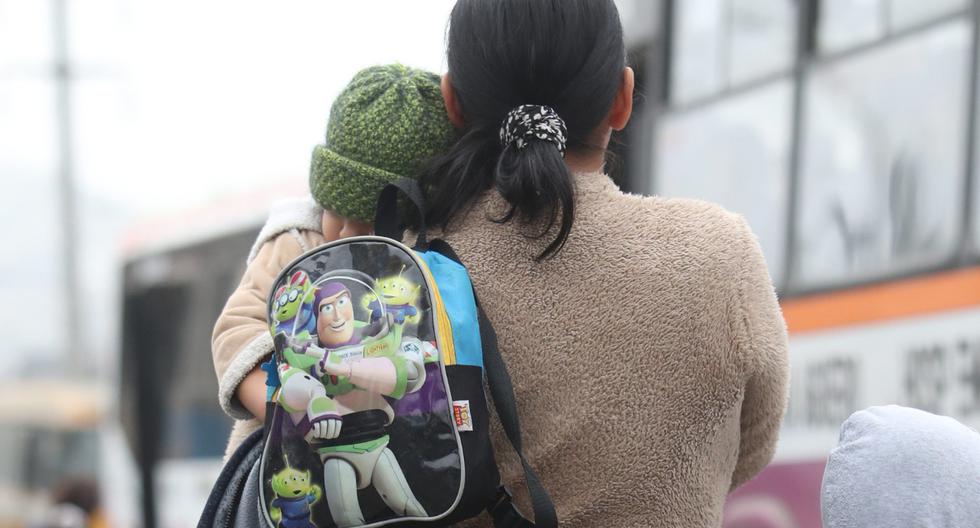
The lawyer Cristina Hinostroza spoke with Correo and explained to us what the Civil Code indicates regarding the Alimony in case of a separation and, in addition, indicated that the husband You are not always obliged to deliver money for this concept.
LOOK HERE: Police traffic intervention: What is the protocol to be followed and what are my rights?
“In case of de facto separation, not of divorce, the obligated spouse would be the one who has economic possibilities in favor of the spouse who does not, for example, when he does not have a job or any type of income or when he suffers from any illness, among other cases. If the woman, for example, has higher income than the man, she may be forced to provide him with food, so her husband will not always be the obligor, it depends on the situation of each family”, explained the specialist in conversation with this medium.
Likewise, it said that, in the case of cohabitants, as long as the cohabitation was greater than two years, any of them can request food from the other, as long as they have higher income than the applicant.
“If one of the spouses does not have money and neither does the other, there will be no obligation to provide reciprocal food. However, it is unlikely that a person would have no income at all. In any case, in the demand for food that is brought before a Court, It will be necessary to prove that he lacks income, either because he does not have a job or because he has to cover expenses for his own subsistence, whether due to illness or physical disability, among other reasons that will be the subject of evidence in the respective food court”Hinostroza maintained.
Along these lines, he said that, in the event that in the food process it is proven that he does have income or assets, the judge will indicate a reasonable amount for food. “In case of not paying them, the defendant can be denounced for the crime of omission of family assistance, whose sanction can be effective prison for up to 2 years, without prejudice to paying the accrued, “he said.
At another point, the lawyer pointed out that food is understood as support for a room, clothing, education, instruction and training for work, medical and psychological assistance, and recreation, depending on the situation and possibilities of the family. They also include the expenses of the mother’s pregnancy from conception to the postpartum stage.
“Spouses, reciprocally, children, parents, even siblings have the right to food. The child over eighteen years of age only has the right to food when he is unable to attend to his subsistence due to physical or mental disability duly checked,” he said.
LOOK HERE: Case of Melissa Paredes: Alimony corresponds to the father who spends more days with the minor
“If, taking into account the other obligations of the spouse alimony debtoris not in a position to lend them without endangering their own subsistence, depending on their situation, relatives are obliged before the spouse, “added Cristina Hinostroza.

















